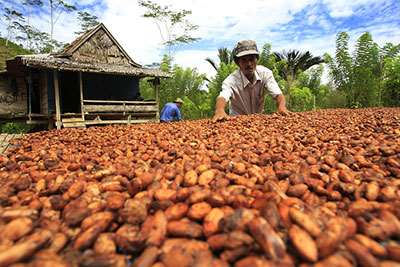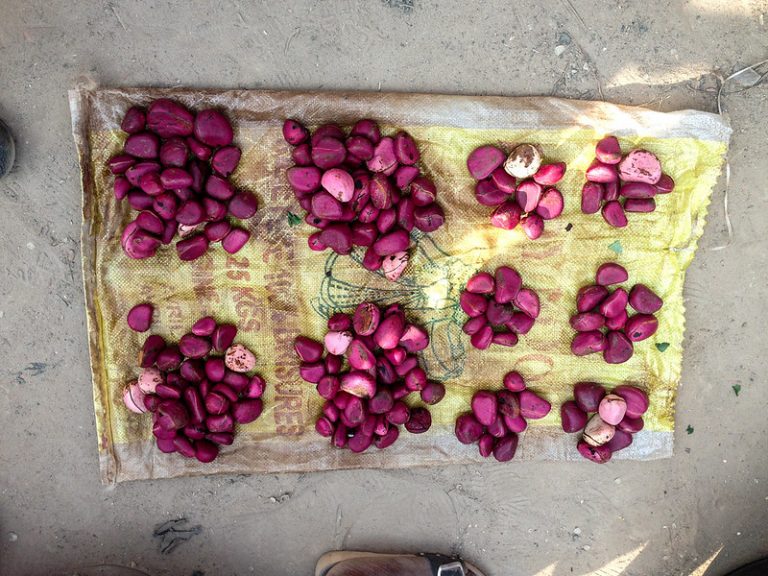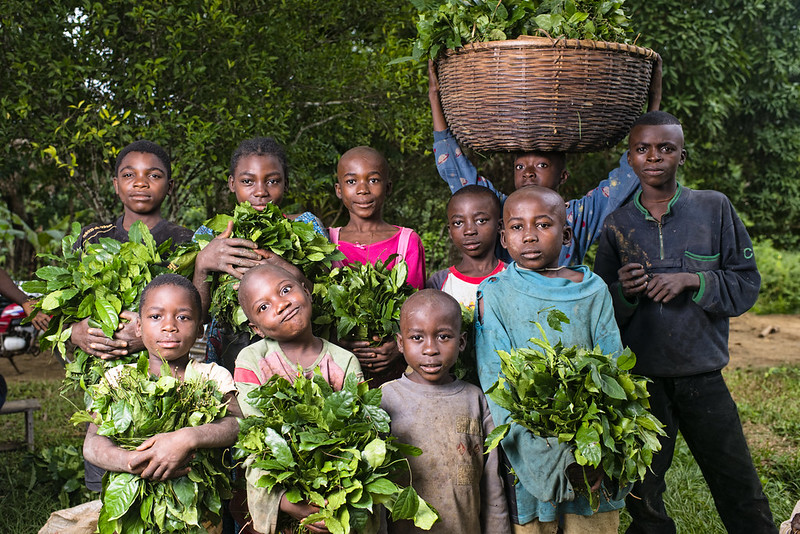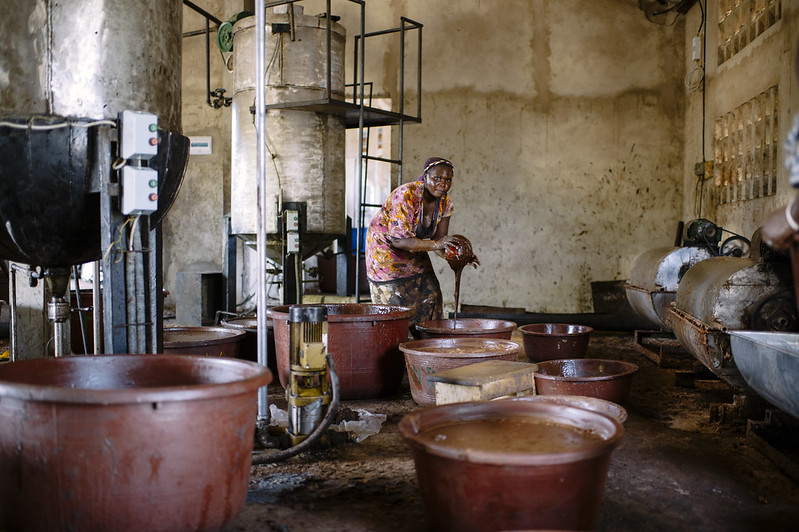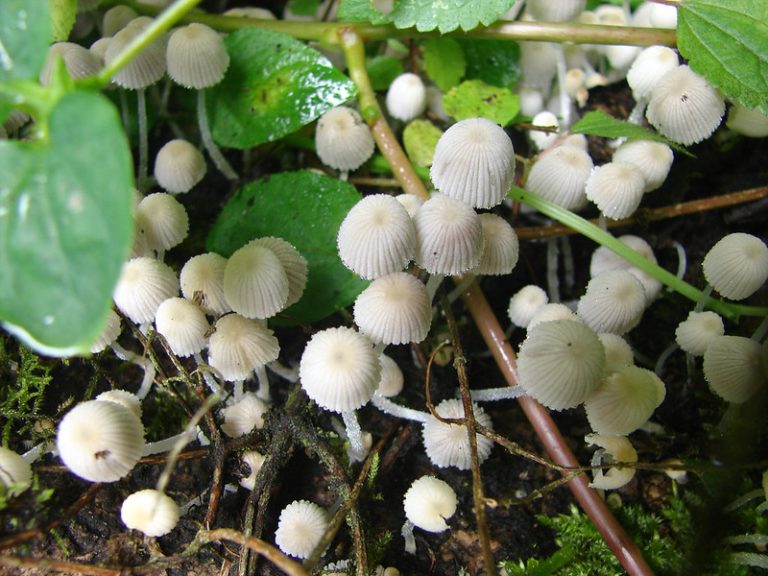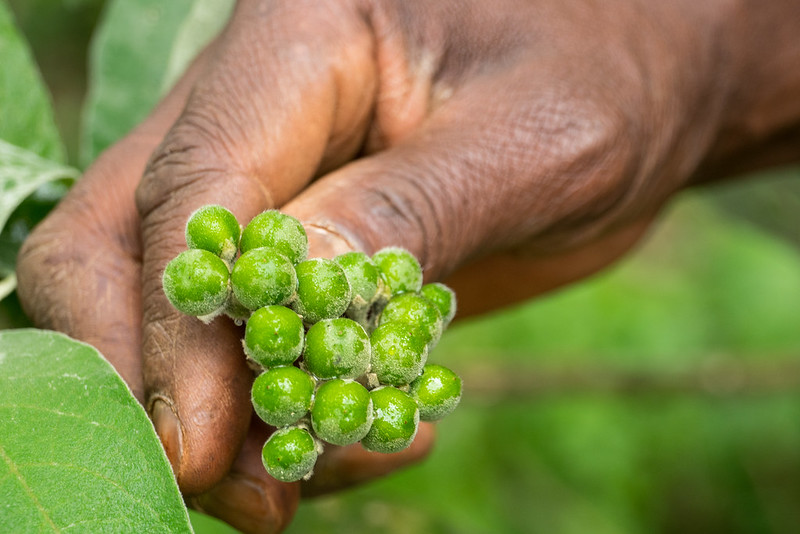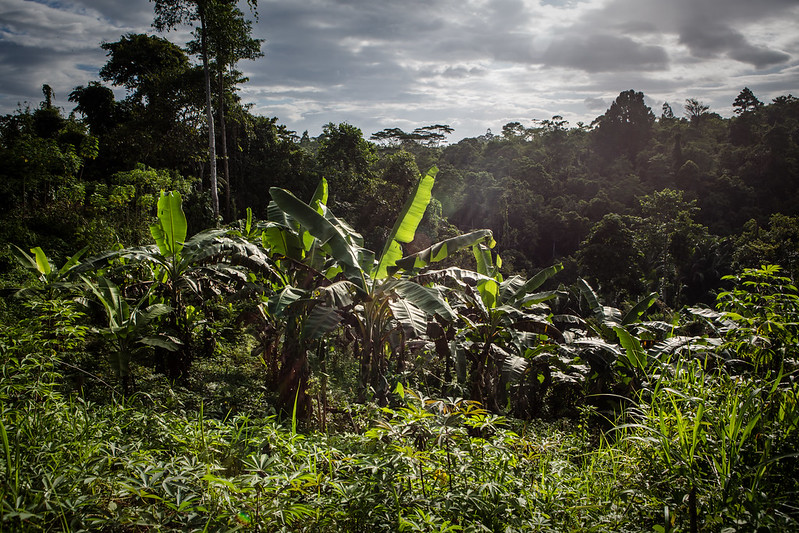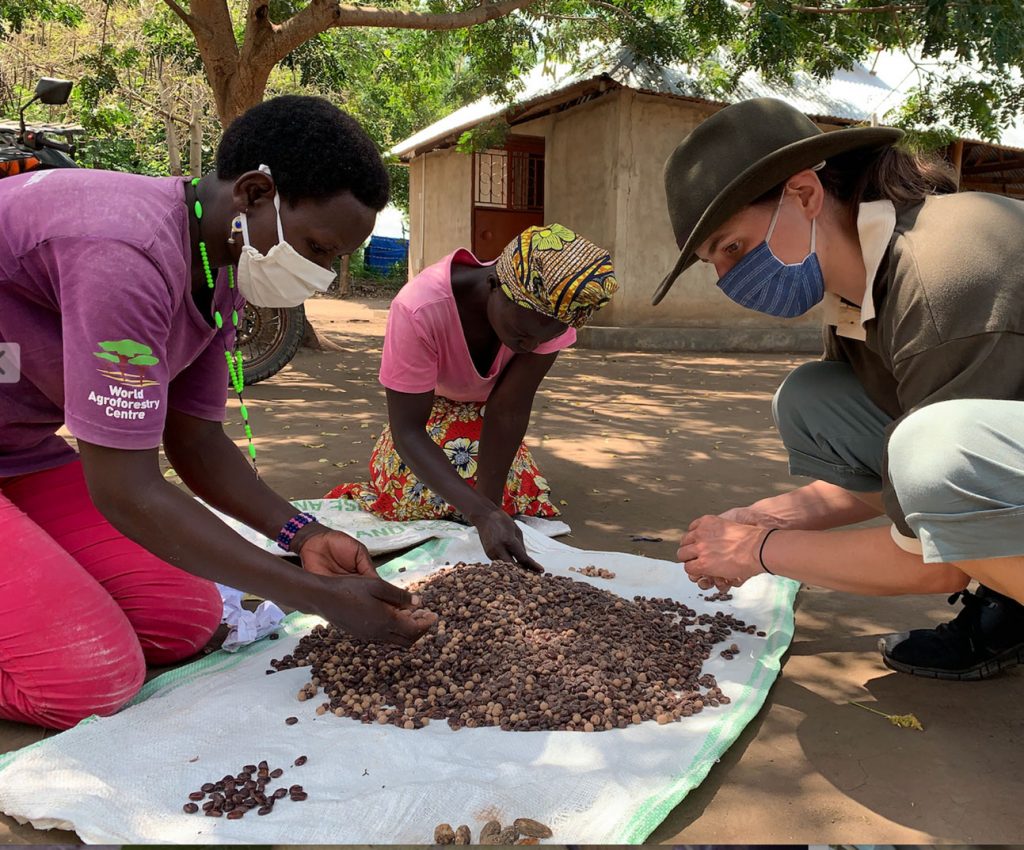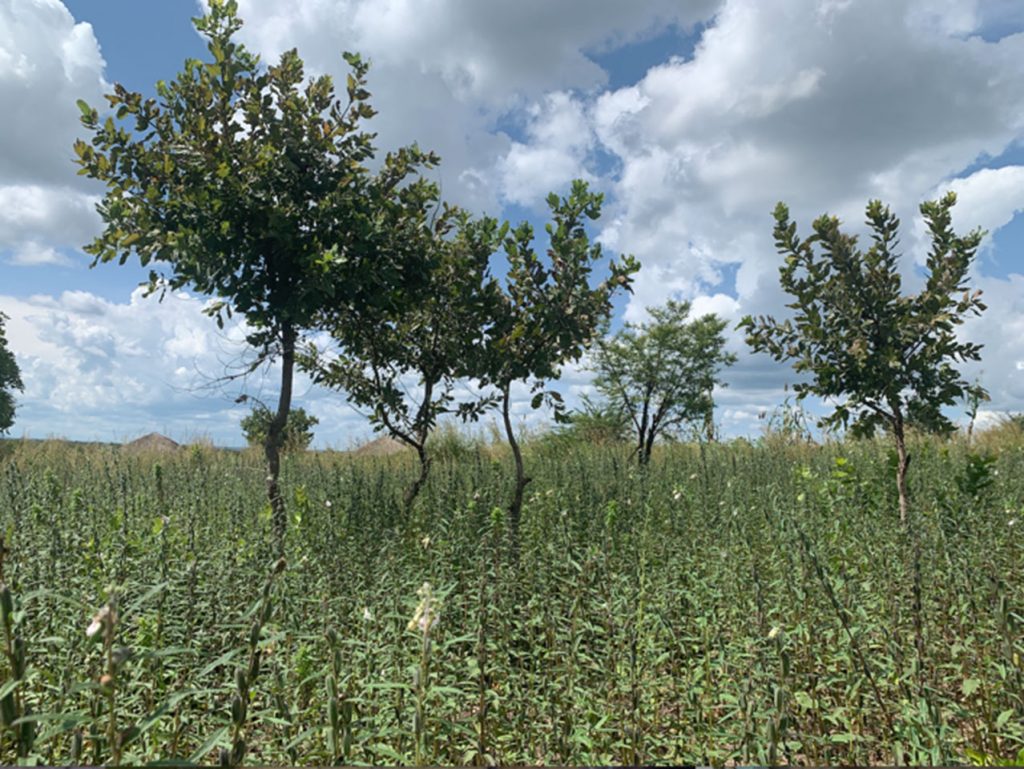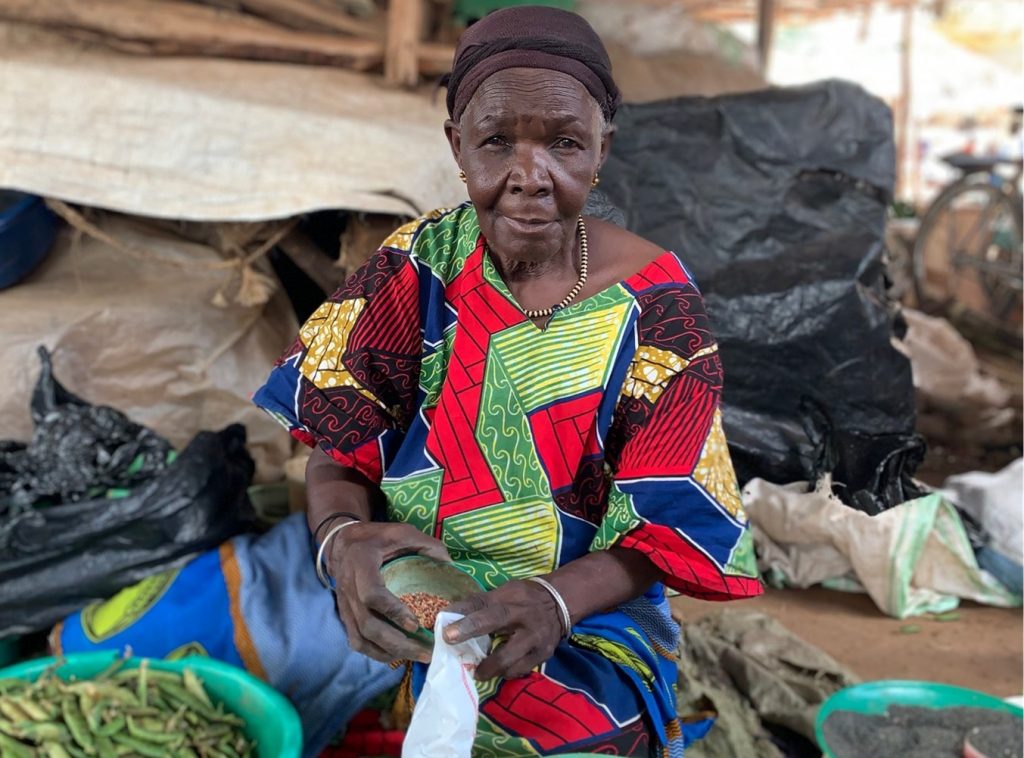Healthy food systems are at risk all over the world. In NW Uganda, unsustainable land use and loss of tree cover threaten food and nutrition security.
Causes include poverty, and a large refugee population from South Sudan and their Ugandan hosts almost entirely dependent on natural resources for their subsistence.
CIFOR-ICRAF is responding by helping refugees and nationals to deploy trees to increase the richness and resilience of their food system.
Donate to this project that builds dietary diversity, which is a proxy for the “nutrient adequacy” and essential for human wellbeing. Donate to help refugees and nationals grow vitamin and mineral rich “food” trees.
ICRAF’s lead in Uganda Dr Joel Buyinza says that among these, native trees are particularly important. “This project is helping to strengthen sustainable local food systems through promoting retention and management of existing indigenous fruit trees in farming systems.”
The project promotes over 25 species. Other benefits provided by project trees are shade, fuel wood, fruit and poles to sell and diversify their incomes, and nitrogen-fixation that makes soil more fertile for their other crops.
“Trees are vital to securing year-round nutrition via produce and firewood for refugees,” says Yale graduate student Elise Cooper, who works on the project. “They intercept rain and add carbon to the soil that helps it hold water. They lower wind speeds, prevent erosion and help control temperatures.”



